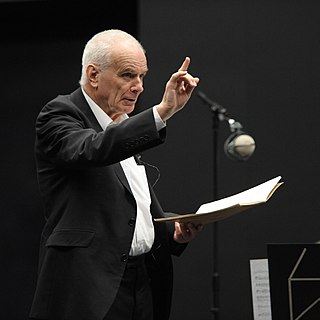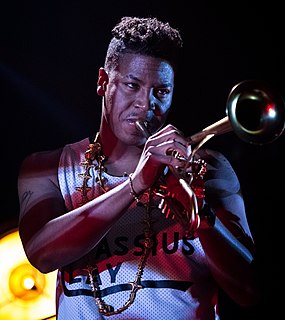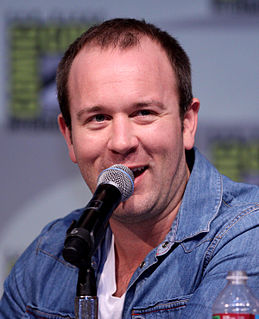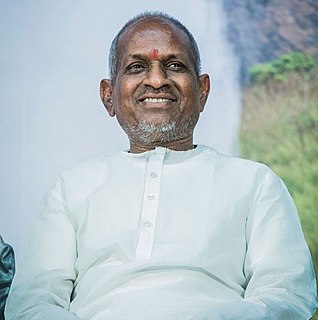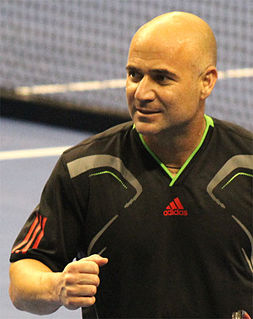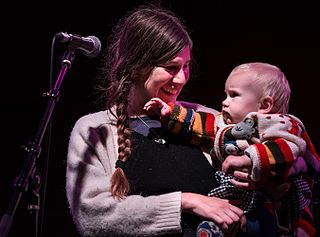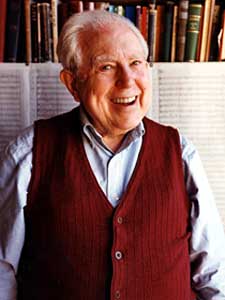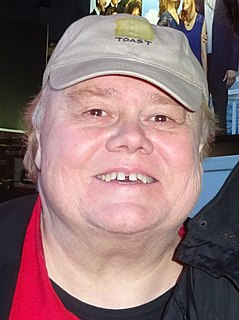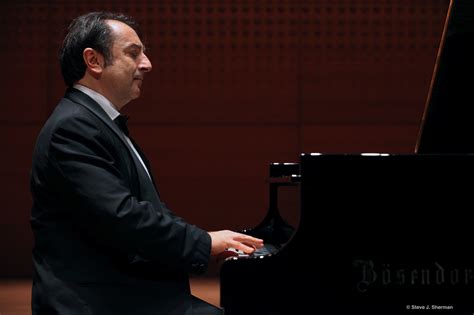A Quote by Peter Maxwell Davies
I don't see how they can with most of my pieces, but I think it's unfortunate that they can through familiarity with flashy performances of a great deal of other music.
Quote Topics
Related Quotes
What we're doing now, is to try to eradicate the limited notion of how people are interacting with each other through hyper-racialized ideas. A lot of it deal with, as an example, genre. If I ask you to visualize a trap musician or a hip-hop musician, you'll see one thing. If I say visualize a western classical musician, you'll see a very different thing. A lot of how music is disseminated to us is hyper-racialized. It's not something that we think about all the time, but if you take a minute to look back, it's why you get this argument when there's a white rapper.
I think Berklee College of Music had the highest dropout rate of any college - or pretend college - in the United States. Because I think most people think they're going to be in Green Day or whatever, and you actually have to learn about music you don't care for, too. I mean, I cared for a great deal of music; it's just that I didn't want to submerge myself into the well of fusion jazz.
Humans are kind of story-propagating creatures. If you think of how we spend our days, think of all the time you spend on entertainment. How much of your entertainment centers around stories? Most pieces of music tell stories. Even hanging out with your friends, you talk, you tell stories to each other. They're all stories. We live in stories.
Right from the 17th century, composers who have taken up music as their means of livelihood went through a hard time financially. They were paid only for commissioned works and public performances. And, when their music became famous, orchestras in other cities and countries would pay a small amount to copy the music.
Classical music, fortunately or not, unfolds in time. It's not like a picture you can stare at for 10 seconds or 10 hours. You need the minimum amount of education and training, and society needs to find a way to study music - not only the performances, but how to compose, how to understand why Mozart was great at what he did.
I don't work with Sia every day; it depends what we do, whether we do performances or music videos, so the schedule is weird, but when we're off, we always try to see each other in between. We just hang out; we went to brunch one time, but for the most part I go to her house, and we eat and watch TV.
